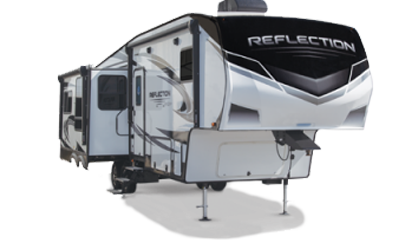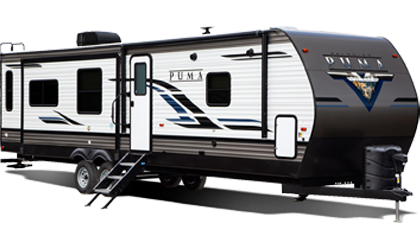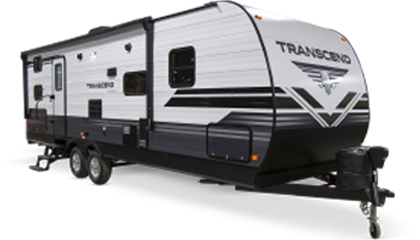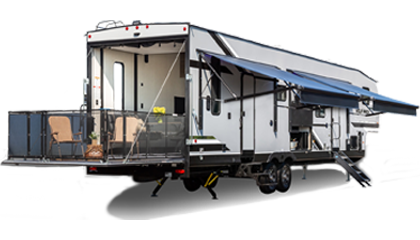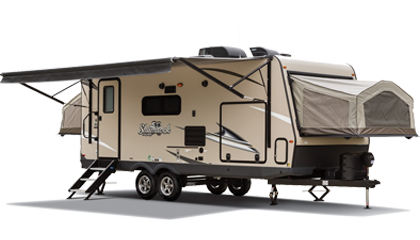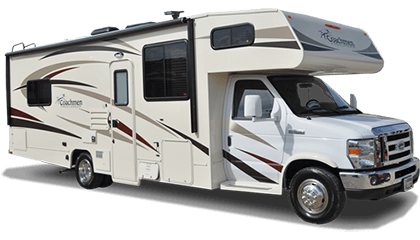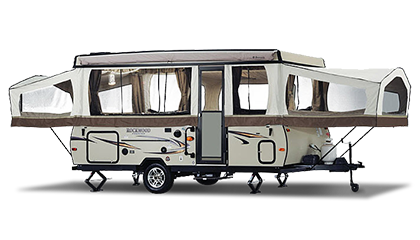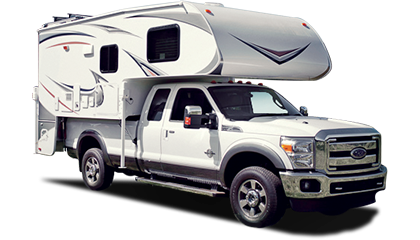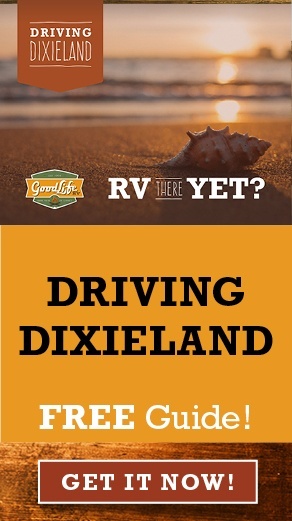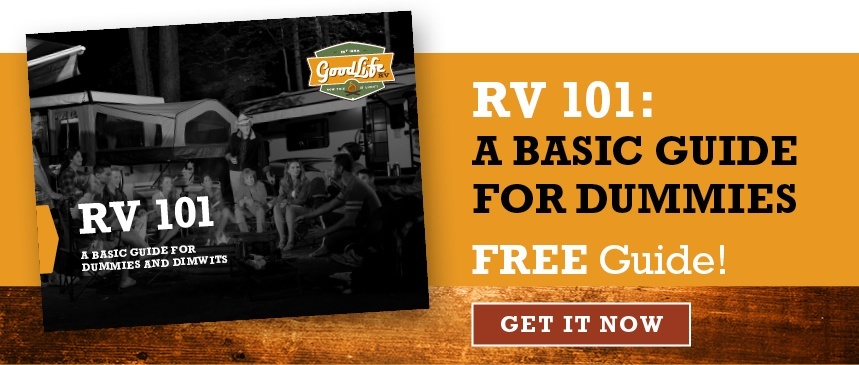MPG-OMG? Get The Most Of Your RV’s Gas Mileage
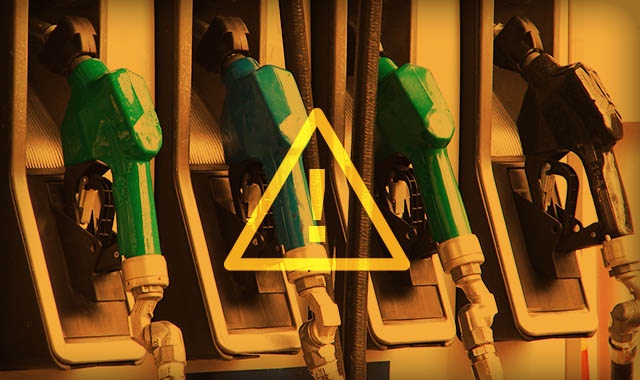
So you want a sweet vacation but don’t want to throw all your money into the gas pump? Owning an RV doesn’t mean that you have to bow down to the fuel gods. Determining and increasing your MPG (miles per gallon) is a quick and easy way to calculate your RV’s fuel efficiency. Find out how you can boost your numbers on the odometer without raising them at the station.
First things first: calculating MPG
Determining your current MPG is an easy math (yes, math) problem away. When you fill up your tank write down the odometer reading. The next time you fill up subtract the current odometer reading from the reading you took when you last filled up. Divide the difference between these two readings by the number of gallons of fuel you put into your RV to get your MPG.
For example, my first odometer reading was 98,000 miles. When I filled up my tank the new reading was 98,300 miles. I added 20 gallons of fuel to my RV. 98,300 – 98,000 = 300. 300/20 = 15 MPG.
As a baseline, I know that I am averaging 15 MPG. This gives me room to learn about great strategies to increase my fuel efficiency and keep more money in my pocket that I can spend on vacation.
Routine maintenance
Just like going for a physical, we have to be aware of the condition of our RV. Monitoring its components, particularly the typical wear items, and replacing them as they need will help boost your fuel economy. Examples of typical wear items include air filters, tires and oil. According to the US Department of Energy, keeping your tires properly inflated alone can increase your fuel economy by 3.3%. At an average $2.17/gallon, this brings the cost down to $2.09/gallon. Now that’s savings.
Drive smart
Maintaining the speed limit will also help bring you into the good graces of the fuel gods, as will using cruise control. Sometimes it’s truly the little things that count. Altering your driving habits by driving less-aggressively is a good way to get more bang for your buck at the pump; five to 33% more in fact. Let’s face it, do you really need to be the first person at that next red light?
Finding cheaper fuel
Obviously. But the answer might surprise you. In some cases it is possible to find slightly lower prices at truck stops. Travelers should be wary though. Some truck stops boast lower prices, but these are only for professional drivers. In these instances the tax is added on after fueling during checkout.
Owning an RV is a great way to see the country, and it doesn’t have to cost your entire savings to enjoy it. Travel in style with these tips in mind to keep your vacation money in your wallet.

